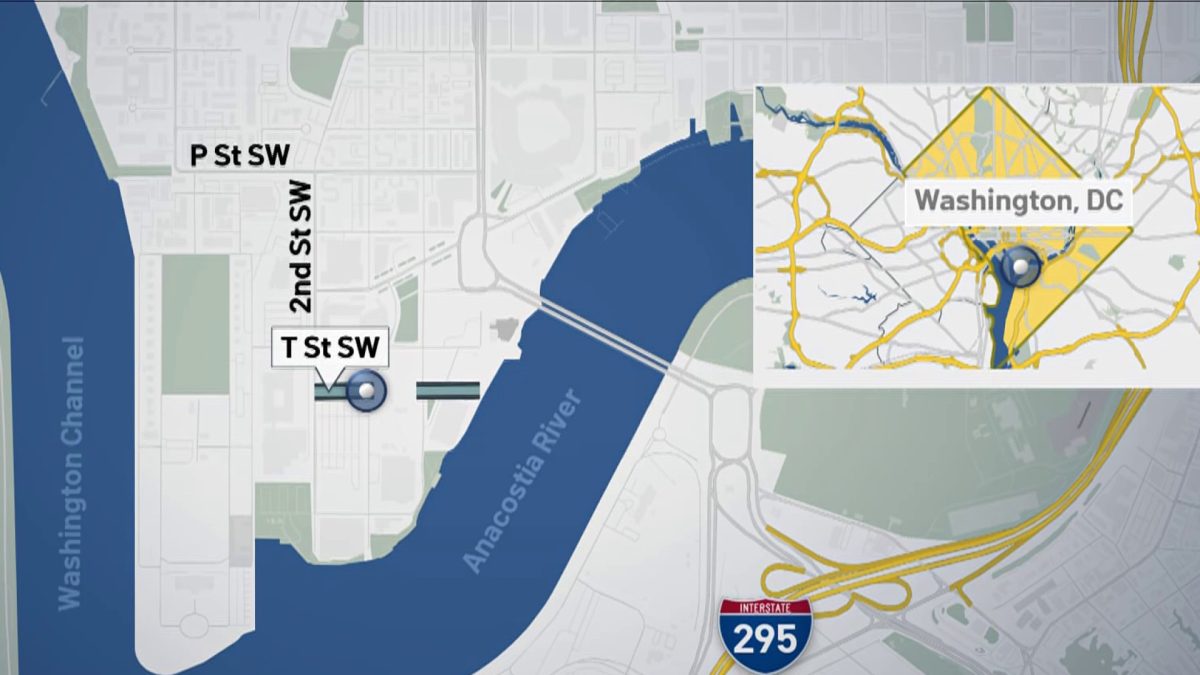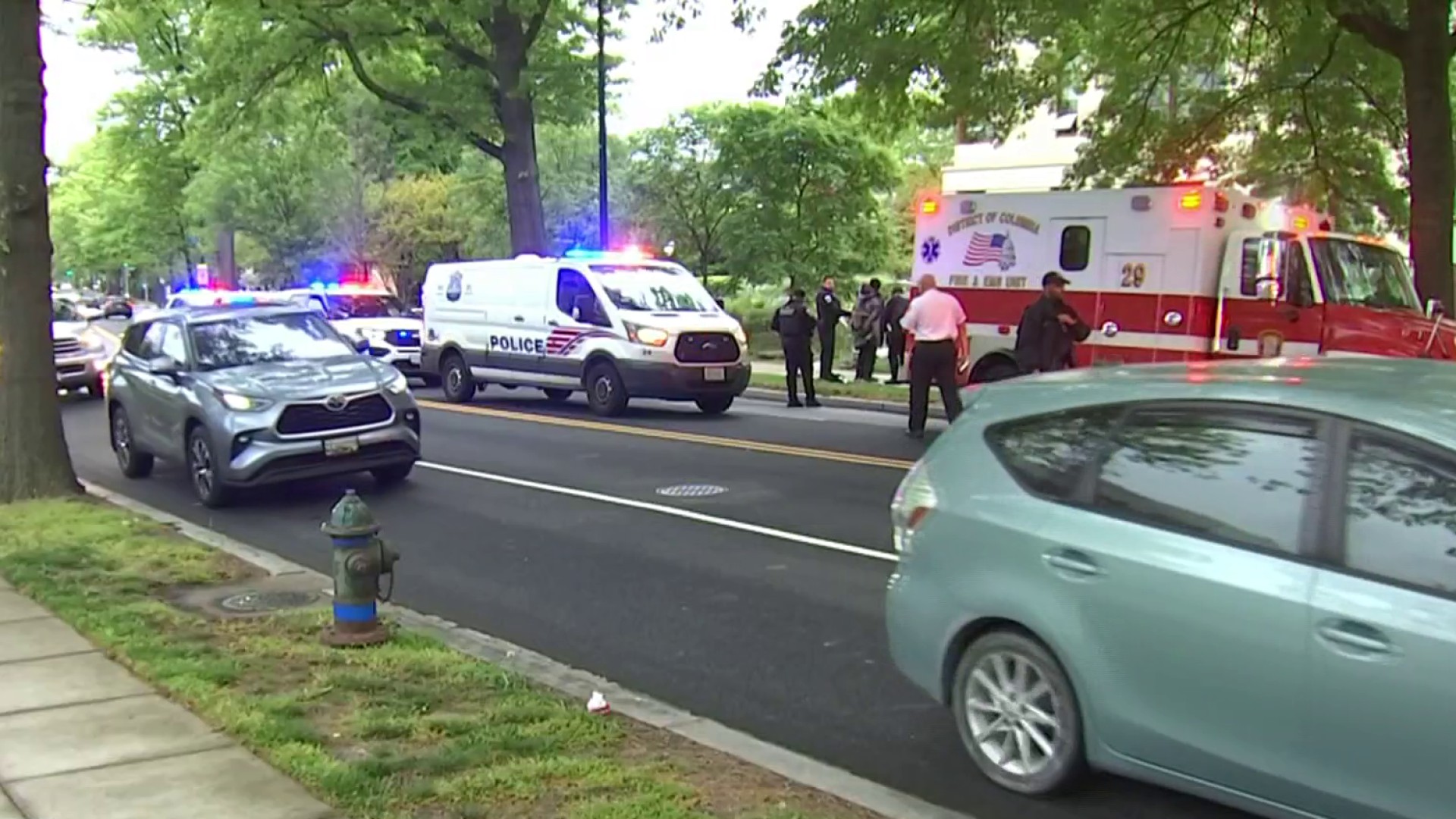Most families that add solar power to their home do it to save on their electric bill or to help the environment, but the News4 I-Team found that technology could cost valuable time in an emergency.
"It changes everything about our strategies and tactics," said Prince George's County Fire Battalion Chief Donny Fletcher.
Firefighters across the D.C. region say they're facing increased danger as more and more homeowners install solar panels.
Risks include electrocution if the home can't be de-energized or a roof collapsing quicker under the weight of the heavy solar panels.
Electricity is unforgiving when hit with water or other firefighting tools. It’s a constant risk, Fletcher said.
"The power that we cannot secure is the panels themselves -- as long as the sun is shining they will stay energized," he said.
Plus, panels take up space on the roof, which firefighters need to access to ventilate and knock down a fire.
Local
Washington, D.C., Maryland and Virginia local news, events and information
Commanders also might be reluctant to send crews inside a structure if they know there are heavy panels up above.
"The additional weight of the panels will make it collapse faster than if they weren't there," said Larry McKenna, a fire protection engineer with the U.S. Fire Administration.
McKenna served on a national research panel for firefighter safety and emergency response for solar power systems. In some cases, the best thing to do is let the building burn if no lives are in danger and the panels create too great a risk to go inside, McKenna said.
Solar houses are different from regular homes where the power company can just flip a switch to kill all of the power, he said.
Even after the emergency solar shutoff is pulled, parts of a solar home can still be energized,
"There's no way to turn it off, so it's always on," McKenna said. "At the home we can turn off the AC coming into the home, but we can't turn between here and the panel off."
And until now, there has been no way to test whether a direct current is live.
"This is the first of its kind in the world, the only one that exists right now," McKenna said, showing off a new device developed by the U.S. Fire Administration to make firefighters safer.
Firefighters in Frederick County, Maryland, will be the first anywhere to try it out.
"We're actually pretty excited to be able to partner and give this thing a spin on the street," said Frederick County Fire Chief Tom Owens.
If needed, the firefighters could use it in downtown Frederick, where at least one whole neighborhood is outfitted with solar panels, or on the county's new buses, which also are electric.
"We treat everything as if it's electrified until it's proven that it's not," said Owens.
Now, the new stick-like device can help them know for sure; it lights up when touched to a live direct current.
The U.S. Fire Administration said after Frederick County is done testing it, they'll license the technology to a manufacturer to produce.
"That allows us to cut the amount of time that we might be standing in the front yard waiting for some determination before we go to work," said Owens.
Good news for homeowners like Rob Robinson and his wife Sherrill Berger. They were among the earliest homeowners in Washington, D.C., to go solar, and they've cut their energy bills by 40 percent.
"I think it's a wonderful thing,” Robinson said. “I think it will make people more aware, it'll provide an additional measure of safety."
Fire departments everywhere should be training to properly handle solar homes, he said.
Installations nationwide grew by 97 percent in 2016, according to the Solar Energy Industries Association (SEIA).
Approximately 100,000 homes in the D.C. metro area have solar power installed.
"As things change, people and the way they operate have to change," SEIA President Abby Hopper said.
The industry has been working with national firefighter organizations to improve safety.
But the News4 I-Team found most local fire departments don't have a standard operating procedure for handling homes with solar panels or even regular training protocols. The fire marshals offices in Virginia and Maryland confirm there's no statewide standard in either state.
"We can develop the best standards in the world, but if no one knows what they are, it doesn't really matter," Hopper said. "So I would say standards and education are really the two key elements."
The Frederick County chief said that's something he'll push for going forward.
"I don't know that we've had a very specific training on specific systems at this point, and that's something that, as it continues to grow, we're going to have to look at in the future," Owens said.
Reported by Jodie Fleischer, produced by Rick Yarborough, shot by Jeff Piper and Steve Jones, and edited by Jeff Piper.



